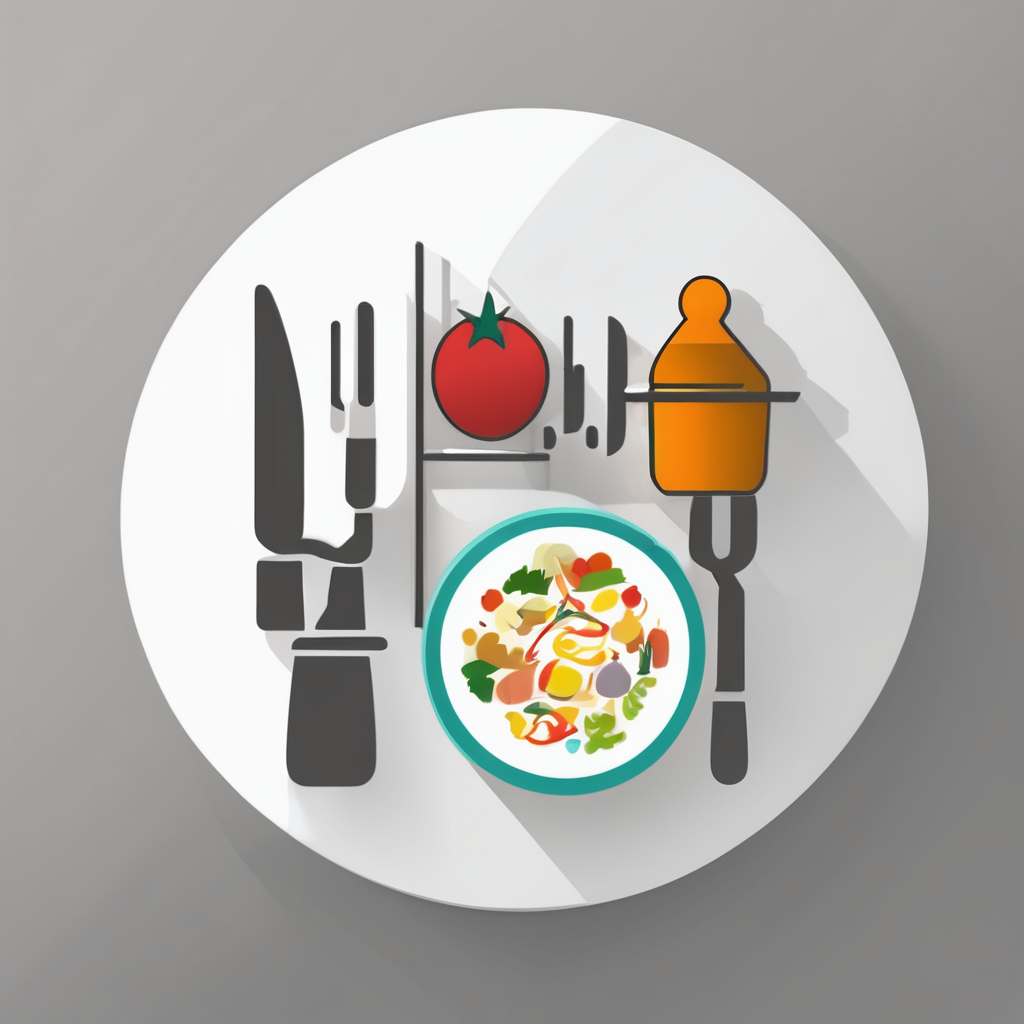Latest Smart Appliance Innovations in UK Kitchens
Explore how technology transforms cooking and food management
The surge in smart kitchen appliances is reshaping UK households. Today’s connected kitchens often feature ovens with intelligent sensors that adjust cooking times and temperatures automatically, ensuring perfect results every time. For instance, some smart ovens allow users to preheat remotely via smartphone apps, adding convenience for busy lifestyles.
Also read : How is the UK kitchen market responding to consumer demand for luxury finishes?
Modern fridges go beyond simple cooling. Equipped with internal cameras, they let you check contents remotely, reducing food waste. Advanced models also monitor expiry dates and suggest recipes based on available ingredients, seamlessly integrating kitchen technology into daily routines.
Dishwashers are no exception; many now have adaptive wash cycles optimized through sensors to save water and energy efficiently.
Also to read : What are the top kitchen storage solutions in the UK?
Integration with popular home automation platforms like Alexa and Google Home boosts usability. Voice commands can start appliances or check their status without interrupting cooking flow. This level of control makes connected kitchens more accessible and intuitive.
UK brands such as Bosch, AE, and Miele have been at the forefront of these developments, consistently launching innovative appliances tailored to smart homes. Their products exemplify how kitchen technology merges practicality with modern convenience, creating more efficient and enjoyable cooking environments.
Sustainable and Eco-Friendly Kitchen Materials
Exploring how eco-conscious choices shape modern kitchens
Choosing sustainable kitchen materials has become a top priority for many UK homeowners. In eco kitchens UK, there’s a noticeable shift towards recycled and responsibly sourced materials in worktops and cabinetry. For instance, reclaimed wood and bamboo are favored for their durability and renewable properties. These materials reduce deforestation and landfill waste, embodying core principles of green kitchen design.
Energy efficiency also influences selections. LED lighting and appliances with high energy ratings help lower electricity consumption, while water-saving fixtures reduce waste without compromising functionality. These fittings align perfectly with the ethical goals of eco kitchens, making them popular among environmentally aware consumers.
UK designers emphasize creating kitchens that are not only stylish but also have a reduced environmental impact. By prioritizing locally sourced materials, minimizing harmful finishes, and choosing sustainable innovations, many projects showcase how aesthetics and responsibility can coexist.
In summary, the eco kitchens movement in the UK reflects a growing commitment—from materials to design—to build kitchens that support sustainability without sacrificing quality or style.
Space-Saving Design Solutions for Modern UK Homes
Smart strategies for compact kitchens and multifunctional spaces
Maximising space is vital in modern UK homes, especially as urban apartments and smaller living areas become the norm. Space-saving kitchens are now focused on clever organisation and multifunctionality. Innovative storage systems like pull-out larders and corner units optimise awkward spaces, making the most of every inch. Vertical storage is another key feature, using wall-mounted racks, tall cupboards, and hanging solutions to free up valuable counter space.
Multifunctional kitchen design embraces furniture that serves dual purposes, such as fold-down tables and adjustable work surfaces. These adaptable elements allow kitchens to transform according to need — from food prep to dining or even home office use. Folding chairs and slimline appliances fit neatly into compact kitchen ideas without sacrificing usability.
The trend towards smaller living spaces in the UK has pushed designers to rethink traditional layouts. Combining storage, seating, and appliances creatively creates kitchens that feel open yet efficient. Applying these space-saving kitchens principles ensures urban dwellers enjoy a practical, stylish space that meets their everyday lifestyle demands. These adaptations are crucial for contemporary homes where every centimetre counts.
Integrated Technology for Enhanced Functionality
Exploring smart features that create a connected kitchen experience
In modern kitchens, integrated kitchen technology transforms everyday cooking into a streamlined, efficient process. Innovations such as wireless charging pads incorporated into countertops enable users to power devices effortlessly while preparing meals. Meanwhile, hidden appliances—like retractable mixers or concealed coffee machines—maintain aesthetic flow, offering utility without clutter.
Built-in displays at eye level provide control hubs for kitchen tasks, linking to digital recipes, timers, and home automation systems. These displays improve kitchen connectivity, allowing users to manage appliances, monitor cooking progress, or communicate with smart assistants from a central point.
Originating from the UK’s pioneering efforts in kitchen tech, smartphone apps now provide comprehensive kitchen management tools. These apps offer inventory tracking, meal planning, and even remote appliance operation, further unifying the kitchen environment.
Contemporary kitchen projects showcase these concepts in practice. For instance, a seamless integration example includes an oven automatically adjusting cooking modes based on recipe data sent via a smartphone, or dishwashers starting cycles when sensors detect adequate load. Such cohesion highlights the future of seamless appliances, where technology truly works in concert for intuitive and efficient kitchen use.
Contemporary Design Trends Influencing UK Kitchens
Modern kitchen trends UK are increasingly embracing minimalist kitchen design, focusing on simplicity and clean lines. A key feature driving this shift is the rise of handleless cabinetry, which creates a smooth, uninterrupted surface that enhances a kitchen’s sleek aesthetic. This trend aligns perfectly with UK kitchen aesthetics, where functionality meets refined style.
Colour palettes for 2024 favour soft neutrals like muted greys, warm greiges, and subtle whites, complemented by tactile finishes such as matt textures and satin laminates. These choices add depth and warmth while maintaining a contemporary feel. UK design experts highlight that integrating these colours with natural materials like oak and stone continues to be popular, balancing minimalism with inviting comfort.
Streamlined surfaces extend beyond cabinetry to include countertops made from durable materials like quartz and recycled composites. These not only support minimalist kitchen design but also reflect sustainability concerns important to many UK homeowners.
Reports emphasize how these modern kitchen trends UK enhance usability and impart an understated elegance. The cohesive approach, blending form and function, illustrates why minimalist kitchen design remains a dominant force shaping UK kitchen aesthetics today.
